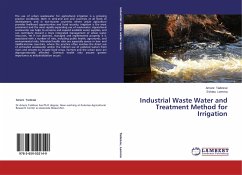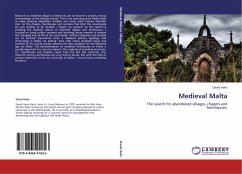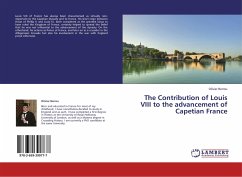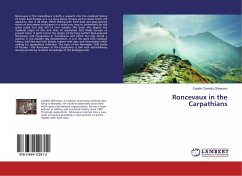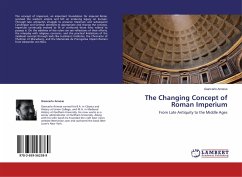The use of urban wastewater for agricultural irrigation is a growing practice worldwide. Both in semi-arid and arid countries at all levels of development, and in low-income countries where urban agriculture provides livelihood opportunities and food security, irrigation is the most prominent and the most rapidly expanding use of wastewater. Agricultural wastewater use helps to conserve and expand available water supplies, and can contribute toward a more integrated management of urban water resources. Yet if not planned, managed and implemented properly, it is associated with a number of risks, including public health, agronomic, and environmental risks. Microbial health risks are especially severe in low- and middle-income countries, where the practice often involves the direct use of untreated wastewater and/or the indirect use of polluted waters from rivers and streams to irrigate food crops. Farmers and the urban poor are disproportionally affected. Chemical health risks assume greater importance as industrialization occurs.
Bitte wählen Sie Ihr Anliegen aus.
Rechnungen
Retourenschein anfordern
Bestellstatus
Storno

